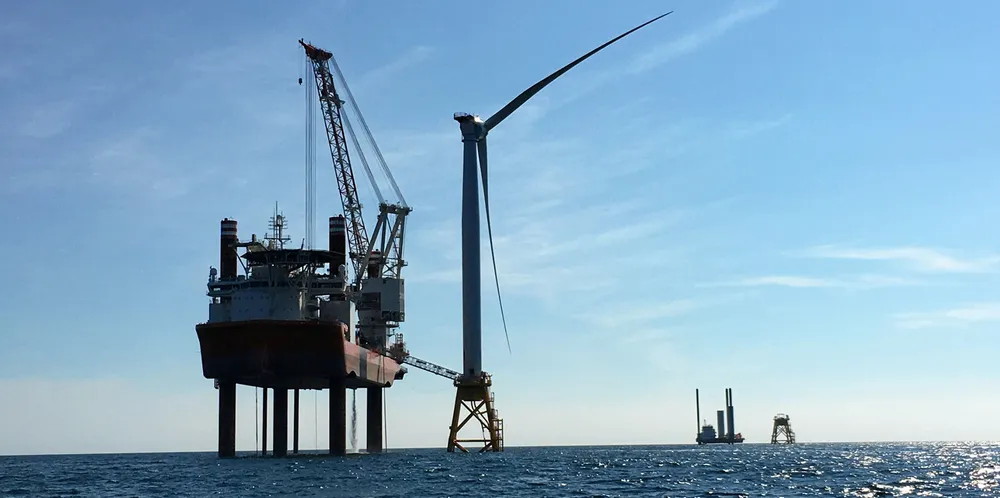'Rubber stamp' | US fisheries body quits en masse over offshore wind project approval
Rhode Island advisory body members called regulator's process for approving Orsted-Eversource Sunrise Wind array 'political theatre'

All nine members of a fisheries advisory board for Rhode Island coastal development regulators quit over offshore wind development this week.
The Fisheries Advisory Board (FAB) advises the state Coastal Resources Management Council (CRMC) on development activities in the Ocean State, including offshore wind.
FAB members said in their joint resignation letter addressed to CRMC executive director Jeff Willis that: “The Rhode Island CRMC has made deference to offshore wind developers its top priority regardless of the requirements of the Ocean SAMP [special area management plan], the cost to the environment, or the impacts to Rhode Island’s fishing industry.”
“The Ocean SAMP process has been reduced to mere political theater, to which we refuse to lend any further credence by our presence,” the letter added.
It was signed by all nine members of the FAB, including Meghan Lapp, general manager of Rhode Island-based fish processor Seafreeze Shoreside.
Sunrise is in federal waters around 17 miles (27 km) south of Block Island in the Massachusetts and Rhode Island wind energy area (WEA). The project will install up to 84 Siemens Gamesa 11MW turbines and a substation.
Its proximity to Rhode Island and potential impact on the state’s fisheries require it to gain the state’s approval.
In a separate letter, Richard Hittinger, vice president of the Rhode Island Saltwater Anglers Association and the board’s lone representative for recreational fisheries, complained that CRMC failed to adequately assess usage of areas of importance for recreational and commercial fisheries, particularly Cox Ledge, spawning ground for numerous species including codfish.
Hittinger called the approval process “a rubber stamp of the political desires of Washington, DC”.
The move is the latest in what seems to be an escalation of opposition to the industry in its Northeast homeland.
Recent attempts at contract renegotiations in key states have likewise strained confidence in the industry, with the Wall Street Journal calling it a “green energy bailout” in a recent editorial.
(Copyright)